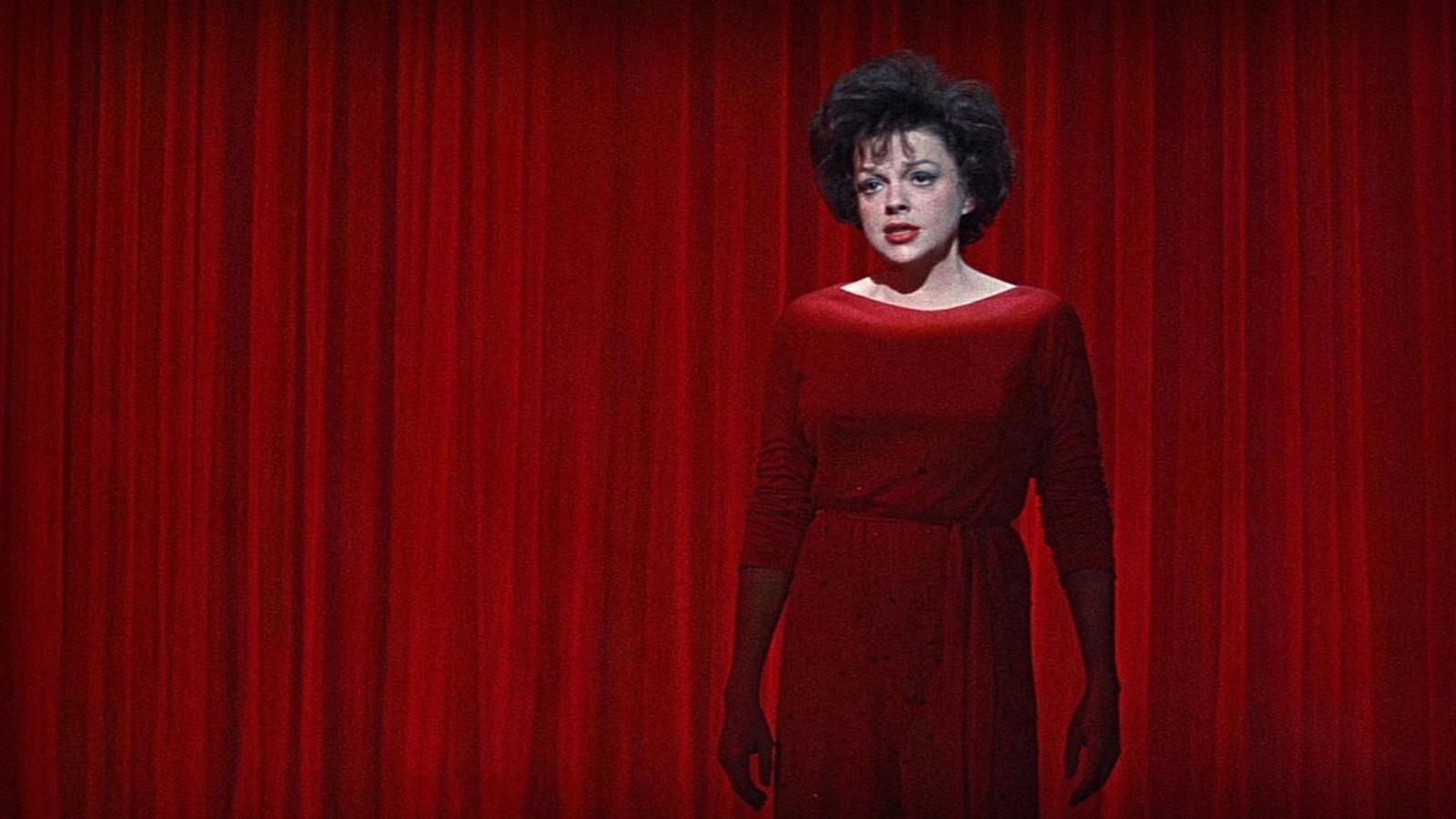Judy Garland's Last Film Was a Disaster Hollywood Tried to Bury

She almost died mid-shoot; they made her finish the movie anyway.
By the time I Could Go On Singing started filming in 1962, Judy Garland had already been through decades of damage. MGM signed her at 13, had her on diet pills and sleeping meds by 16, and The Wizard of Oz made her a global star — while privately wrecking her health. By the early '60s, her public image was iconic, but behind the scenes she was struggling — and this film didn't help.
I Could Go On Singing was supposed to be her big screen comeback. She played a world-famous singer performing in London, opposite Dirk Bogarde. It was her first movie in seven years — and would end up being her last. The production was chaotic from the start: constant script rewrites, budget overruns, Garland clashing with the director, showing up late, and trashing hotel rooms. Things only got worse when she was hospitalized after a near-fatal overdose during filming. Her stomach had to be pumped. The shoot was shut down.
Her psychiatrist reportedly phoned the producers and tore into them:
"You evil corrupt monsters are destroying this poor abused girl."
But the producers pushed ahead. They'd already sunk £400,000 into the project (roughly $1 million, a significant amount for a British film at the time), and they were determined to finish it. After a recovery period and some negotiated changes to the script, Garland came back and completed the film.
It premiered in March 1963 in London and June 1963 in the U.S. Critics were respectful — especially of Garland's performance. The New York Times called her "forceful, appealing, and heartbreakingly natural." The film currently holds a 100% score on Rotten Tomatoes.

Dirk Bogarde, who helped rework several of his own scenes, later said Garland was "marvelous" but surrounded by "incompetents."
Audiences didn't turn up. The film did poorly at the box office, and MGM quietly let it fade into the background. There was no major Oscar campaign, no long theatrical run, and no marketing push once it flopped.
Garland never made another movie. I Could Go On Singing ended up being the last time she appeared on film.